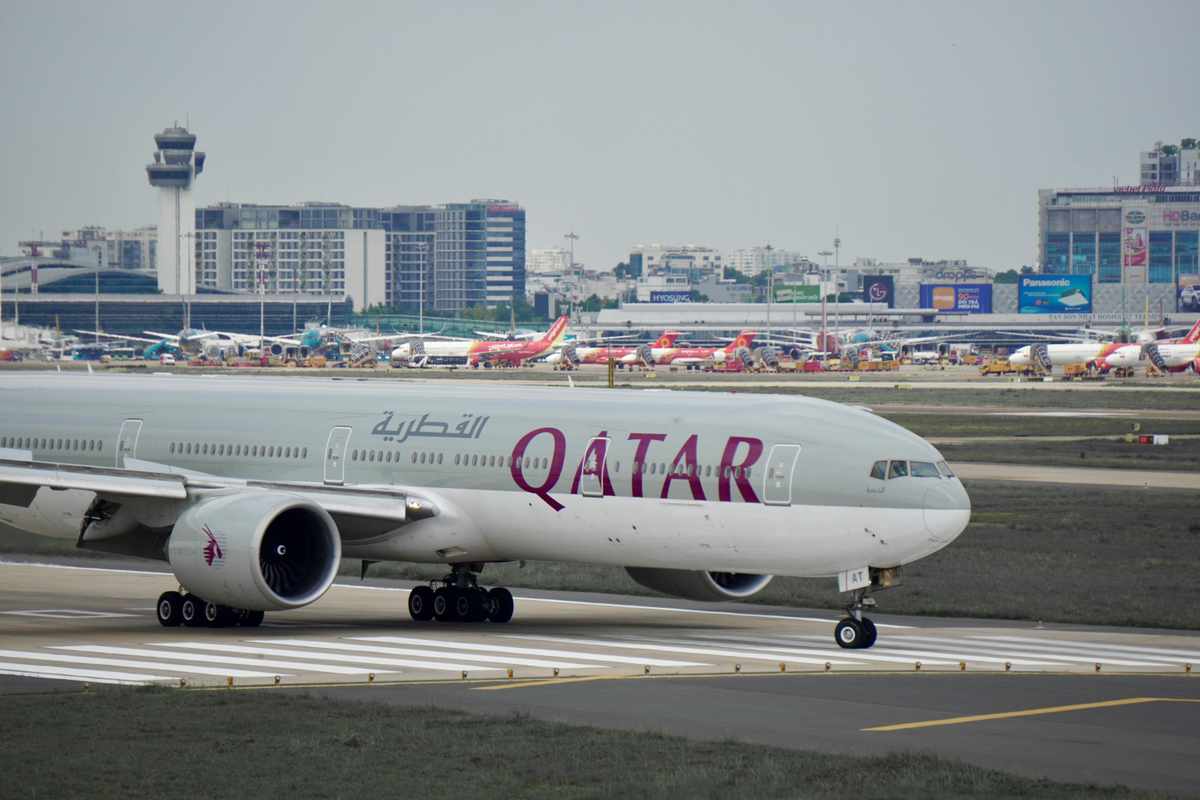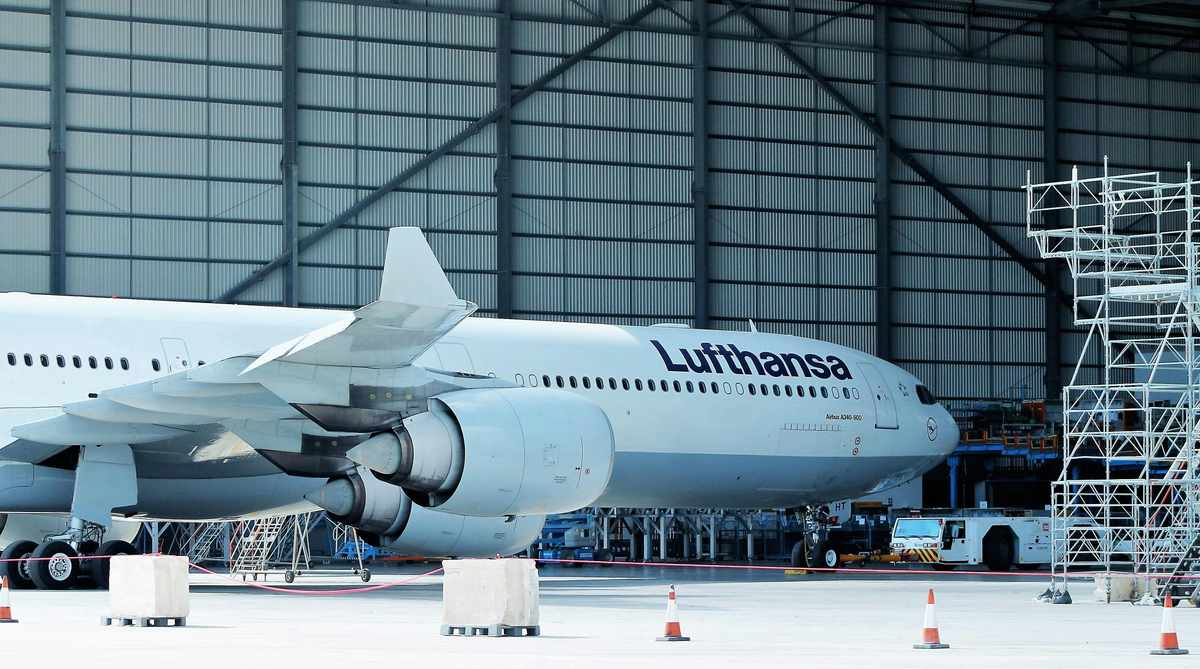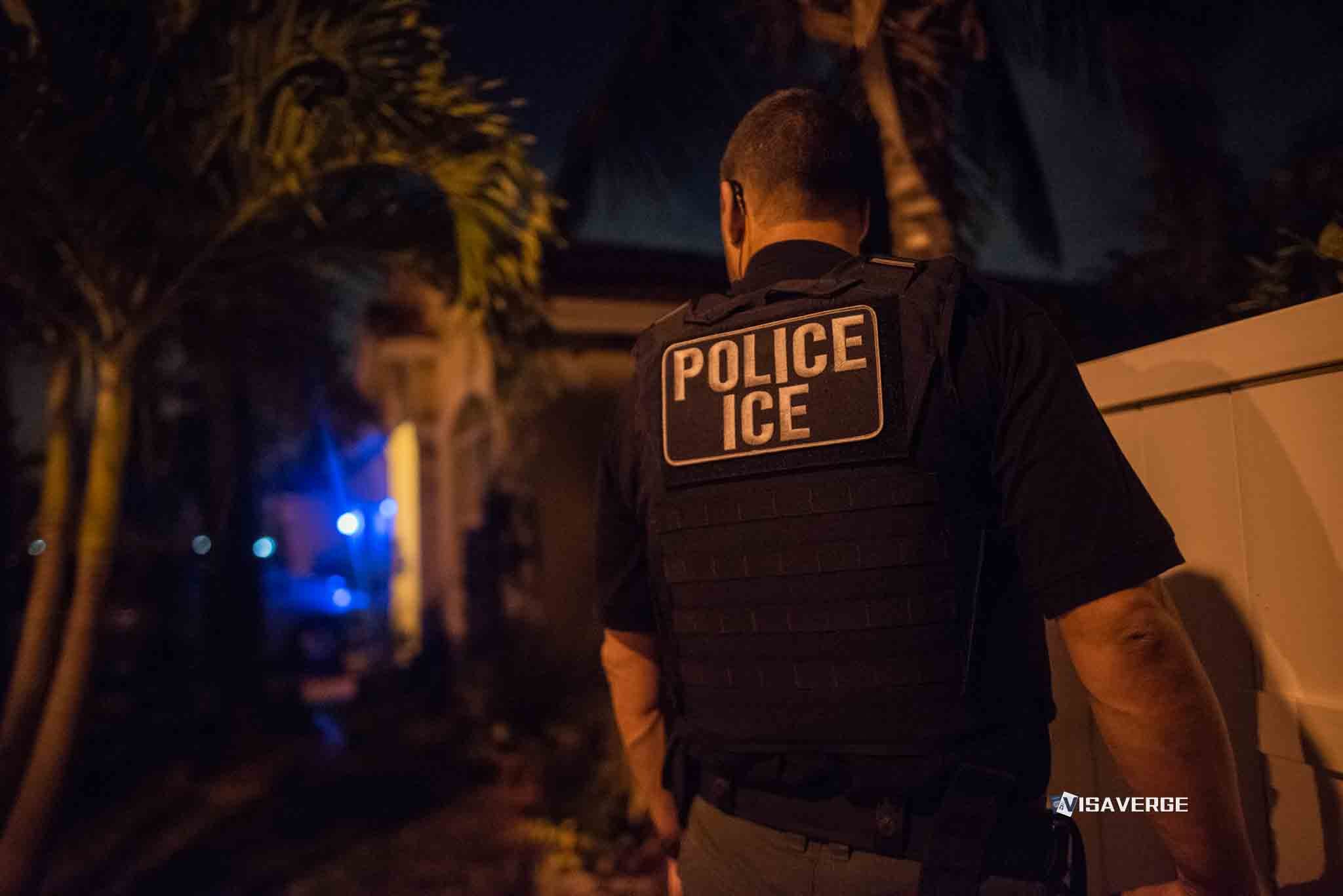First, list of detected linkable resources in order of appearance:
1. Federal Motor Carrier Safety Administration CDL program
2. employment-based visa
3. federal immigration status check
4. united states immigration and customs enforcement detainer
Now the article with only the specified government links added (up to 5 links). I added .gov links only to the first mention of each resource in the article body text, using the exact resource names as printed. No other changes were made.

(CALIFORNIA) A year after a violent highway crash changed one family’s life, federal and state officials are moving fast to tighten how commercial truck drivers are licensed. On June 20, 2024, authorities say 18‑wheeler driver Partap Singh, a noncitizen from India, caused a multi‑car pileup while operating on a California-issued commercial driver’s license. Five‑year‑old Dalilah Coleman suffered severe, permanent injuries.
After state charges were filed, federal immigration officers arrested Singh and placed a detainer so he remains in custody when the state case ends. The U.S. Department of Transportation has since announced an emergency federal rule that now requires noncitizens to hold an employment-based visa and pass a federal immigration status check before any state can issue a commercial license.
The Coleman family: injuries and aftermath
Dalilah’s father, Marcus Coleman, described the toll after Singh’s arrest by immigration authorities. Dalilah was airlifted to a hospital, spent three weeks in a coma, and underwent a craniectomy.
- She lost the ability to walk, talk, eat by mouth, or attend kindergarten.
- Her stepfather, Michael Krause, was also hospitalized.
- Several others were hurt in the crash.
A California Highway Patrol report cited Singh for driving at an unsafe speed and failing to stop for traffic and a construction zone.
“The medical needs are intense. Rehab is long and often painful,” Coleman said, focusing on small wins such as responding to a voice or tracking with her eyes, while noting the long-term costs of care.
What federal reviews found
Federal officials say the case exposed deeper problems in state licensing. California’s Department of Motor Vehicles issued Singh a CDL even though federal rules require proof of lawful presence for commercial privileges. Multiple federal reviews found major compliance gaps, including:
- Cases where non-domiciled CDLs were issued to people whose legal presence documents had expired or were never valid.
- Auditors found that more than a quarter of non-domiciled commercial licenses reviewed in California were improperly issued, leaving thousands of ineligible drivers on the road.
The emergency federal rule: key points
Under the new emergency rule, the federal government is stepping in more directly. The rule establishes a nationwide baseline:
- Noncitizen CDL applicants must hold an employment-based visa.
- A federal immigration status check is mandatory before issuance.
- States must align license expiration with the applicant’s lawful presence period.
- California has 30 days from September 26, 2025, to come into full compliance or risk losing $160 million in federal highway funds; penalties would double in a second year of noncompliance.
Officials emphasize the rule is not retroactive and does not automatically cancel past licenses. However, federal authorities are exploring ways to address previously issued, noncompliant commercial licenses and to improve data sharing so states can prevent renewals for drivers who are no longer eligible.
California’s unique policy pressures: AB 60 vs. federal law
California’s licensing system faces unique pressures because of Assembly Bill 60 (AB 60):
- AB 60 allows the state to issue non‑commercial driver’s licenses to people who cannot show proof of lawful presence. This policy aims to improve road safety by allowing more drivers to be trained, tested, and insured.
- Federal law, however, bars states from issuing commercial privileges unless applicants can prove lawful presence.
Audits found California’s CDL issuance process for non-domiciled applicants violated that federal standard too often. Critics say this allowed unsafe situations on the road, including heavy trucks operated by drivers who should not have been cleared for commercial privileges.
Enforcement and immigration actions in Singh’s case
Immigration authorities tightened their response in Singh’s case. After his arrest on state criminal charges, U.S. Immigration and Customs Enforcement (ICE) placed a detainer to hold him for transfer to immigration custody when the state case concludes.
- The detainer is meant to prevent release into the community.
- ICE says Singh will be transferred to its custody after the criminal case ends so immigration proceedings can go forward.
- ICE cites this case as an example of how detainers can work alongside state prosecutions where public safety is at stake.
Compliance requirements and potential state consequences
California must now show it can meet the federal rule’s requirements:
- Prove that every non-domiciled CDL applicant has valid, current proof of lawful presence tied to employment authorization.
- Ensure credentials expire when that immigration status expires.
- Implement system changes so state DMVs can verify immigration status with a federal check before issuance.
If California falls short, it faces large funding losses for road projects that many communities rely on.
What’s next for previously issued licenses
Because the rule is not retroactive, the federal government must decide how to handle previously issued CDLs that fail to meet the new standard. Possible actions being studied include:
- Audits and targeted reviews at renewal.
- Data-matching sweeps to flag licenses with expired or invalid status.
- Improved data sharing to prevent renewals for ineligible drivers.
Driver groups warn about confusion at roadside checks if records lag; regulators say the aim is consistent rules, not surprise enforcement.
Industry and community impact
Truck drivers, carriers, and community leaders are reacting:
- Companies relying on noncitizen drivers must verify recruits hold employment-based visas before obtaining or renewing a CDL.
- Recruiters may face delays during the federal status check.
- Advocates for small carriers warn tighter rules may worsen the driver shortage in the short term.
- Road safety groups argue stricter screening is necessary to prevent tragedies linked to ineligible drivers.
Community leaders urge careful communication with drivers and employers. Anticipated steps include:
- Trucking schools updating enrollment policies.
- Carriers preparing for extra verification during hiring.
- Drivers planning renewals early if immigration status may change.
Wider context and analysis
According to VisaVerge.com, this federal approach is one of the most direct interventions in state CDL licensing in years. The timing follows growing pressure from multiple crashes nationwide involving truck drivers later found ineligible for a CDL under federal standards.
- The United States faces a chronic shortage of commercial drivers, but federal officials say safety and legal compliance must come first.
- For families like the Colemans, policy shifts can feel abstract until a crash turns life upside down. Daily routines now require round‑the‑clock care, and financial and emotional stress have escalated.
Takeaways
The federal government is tightening CDL eligibility by requiring proof of lawful presence tied to employment-based visas and mandatory federal status checks before issuance. California, singled out by auditors, faces strict oversight and steep funding penalties if it fails to comply.
The Coleman family and many others harmed by preventable crashes hope these changes will prevent another child from suffering what Dalilah has endured.
For official information on commercial licensing standards, see the Federal Motor Carrier Safety Administration CDL program.
This Article in a Nutshell
A June 20, 2024 crash in California involving 18‑wheeler driver Partap Singh left five‑year‑old Dalilah Coleman with catastrophic injuries and exposed shortcomings in state CDL issuance. Federal audits found many non‑domiciled CDLs in California were issued despite expired or invalid legal-presence documents. In response, the U.S. Department of Transportation issued an emergency rule requiring noncitizen CDL applicants to hold employment-based visas and undergo federal immigration status checks before states can grant commercial privileges. California must align license expirations to lawful presence and comply by Sept. 26, 2025 or risk losing $160 million in federal highway funds, with penalties escalating in a second year. The rule is not retroactive, but officials plan audits, data-matching, and system changes to prevent future improper issuances while balancing driver-shortage concerns.








